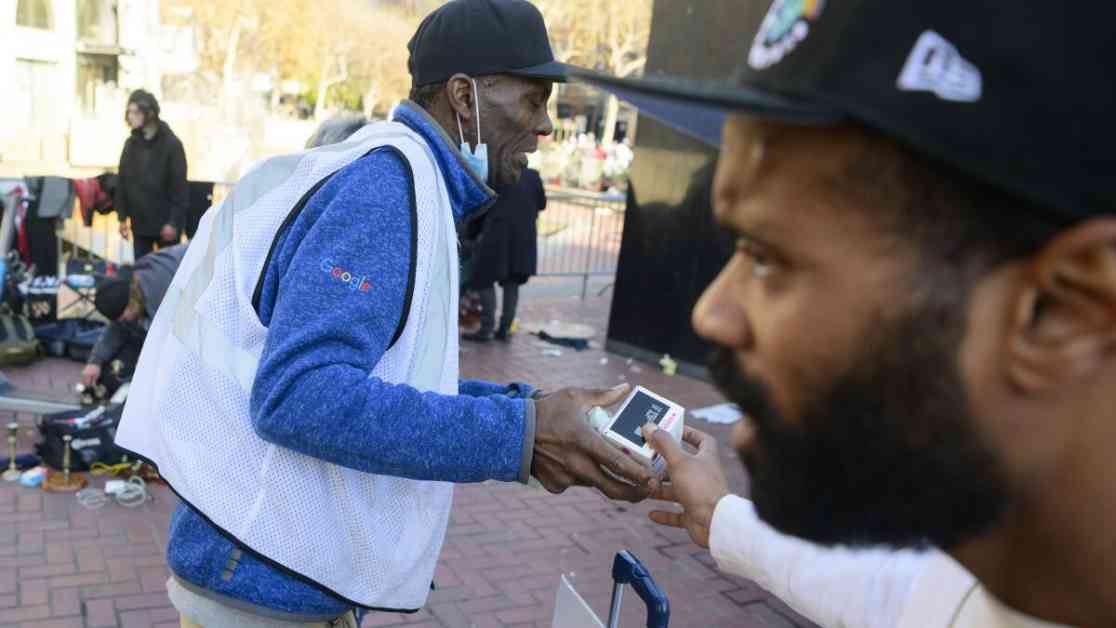Decrease in Drug Overdose Deaths in San Francisco: A Hopeful Turnaround
SAN FRANCISCO — In a surprising turn of events, drug overdose deaths in San Francisco have taken a significant nosedive after reaching a peak during the COVID-19 pandemic. Preliminary data collected by city health officials reveals a remarkable 23% decrease in fatal overdoses in the first 11 months of 2024 compared to the same period in 2023. This equates to 174 fewer lives lost to drug overdoses in the city.
National and statewide trends also reflect this positive change, with California reporting a 14.3% decrease in fatal overdoses and a 16.9% drop nationwide. The decline in drug-related deaths is a ray of hope amidst the opioid crisis that has plagued communities across the country.
San Francisco’s Strategy: Saving Lives
Health experts in San Francisco attribute this decline in fatal drug use to the widespread availability of life-saving medications like naloxone, buprenorphine, and methadone. These prescription drugs not only treat opioid addiction but also help reverse the effects of overdoses, potentially saving countless lives.
Dr. Grant Colfax, director of the San Francisco Department of Public Health, expressed cautious optimism about the impact of public health interventions in curbing drug-related deaths. The increase in methadone and buprenorphine prescriptions, along with innovative programs like the “night navigator team,” underscores the city’s commitment to expanding access to treatment and support for individuals struggling with addiction.
A Personal Perspective: A Doctor’s Witness
Dr. Christopher Colwell, chief of emergency medicine at Zuckerberg San Francisco General Hospital and Trauma Center, shared his insights on the positive shift in attitudes towards treatment. He noted a marked increase in patients willing to consider treatment, highlighting a growing awareness of the dangers of opioid use disorder.
“I think a lot of patients are recognizing, more so in the last year than I’ve ever seen, how dangerous opioid use disorder is, watching their friends and colleagues die,” Colwell said. “I’ve seen a lot more willingness to at least have that discussion, and consider it, than I did even just a couple years ago.”
Looking Ahead: The Road to Recovery
While the decline in overdose deaths is a promising development, experts like Keith Humphreys emphasize the need for sustained investment in long-term treatment options. Humphreys hailed the 2024 numbers as a significant achievement, not only for the lives saved but also for the morale of frontline workers and community advocates.
As San Francisco navigates a challenging budget shortfall, the focus remains on prioritizing solutions to combat opioid addiction and prevent further tragedies. Mayor London Breed’s administration, despite facing criticism over homelessness and drug-related issues, is committed to taking a firm stance against illicit drug use and expanding access to treatment services.
In the face of adversity, the city’s resilience and determination to tackle the opioid crisis offer a glimmer of hope for a brighter, healthier future. The recent decline in overdose deaths serves as a testament to the power of community support, innovative healthcare initiatives, and a shared commitment to saving lives.





















